In the hustle of everyday life, the key to maintaining a healthy and well-balanced diet lies in organization. Our meal planning template is designed to be your trusted companion, offering a structured approach to creating weekly menus, simplifying grocery shopping, and ultimately saving you time in the kitchen.
Whether you’re a seasoned meal prepper or just starting to explore the benefits of planning your meals, our template is tailored to meet your needs and transform your approach to food preparation.
Meal planning for the week helps you save money, eat healthier, and live a better life.
Plus, it minimizes the number of trips to the grocery store. Making multiple, unnecessary trips to the grocery store is annoying, especially if you have kids because you know you’ll be walking out of there with more than you intended.
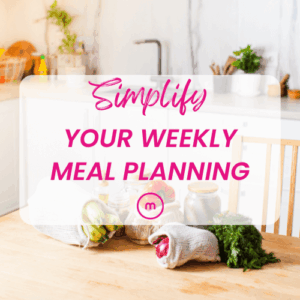
We’ve all faced the dreaded question of “What’s for dinner?” on more than one occasion.
It’s the question that’s in the back of the mind and avoided until the time gets closer. Nothing at that point seems appealing and just grabbing some on the go is just easier.
Besides, it’s been a long day and the thought of cooking sounds dreadful.
The easy option isn’t always the healthiest option and before you know it, you’re not feeling the best and adding some weight.
Think about the times you have eaten something unhealthy like fast food, chances are you didn’t plan on eating there but it was quick, easy, and convenient.
Affiliate Disclosure:
We want to be transparent and inform our users that some of the links on this website are affiliate links. This means that if you make a purchase through these links, we may earn a commission, at no additional cost to you. We only recommend products or services that we believe will add value to our readers. Your support through these affiliate links helps us maintain and improve our content. Thank you for your support!
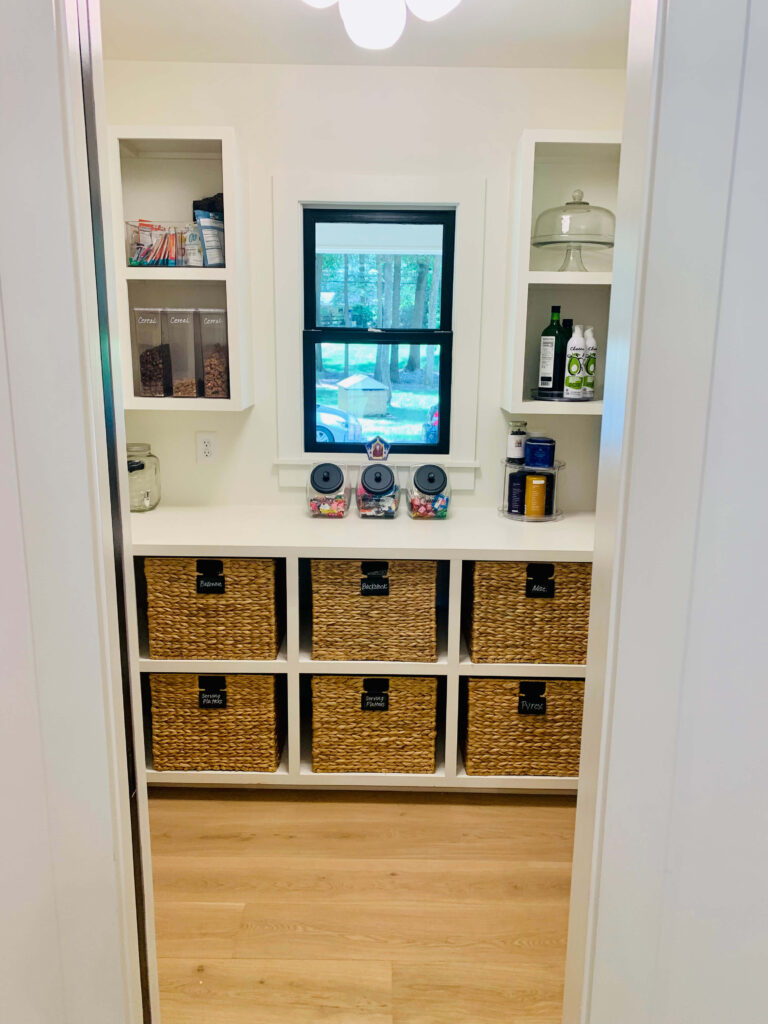
BENEFITS OF MEAL PLANNING
Meal planning is a great way to take control of your diet and make sure you’re eating healthy, balanced meals. Some of the benefits include:
- Saves Time: Meal planning can save you time in the long run by reducing the amount of time you spend deciding what to eat each day. Instead, you can plan out your meals for the week ahead of time, making grocery shopping and meal prep more efficient.
- Saves Money: Meal planning can also save you money by reducing food waste and allowing you to buy ingredients in bulk. When you plan your meals ahead of time, you can also take advantage of sales and discounts at your local grocery store.
- Promotes Healthy Eating: By planning your meals ahead of time, you can ensure that you’re eating a balanced diet with plenty of fruits, vegetables, and whole grains. This can help you maintain a healthy weight, reduce your risk of chronic diseases, and improve your overall health.
According to a survey by the International Food Information Council Foundation, 67% of Americans agree that meal planning is important for achieving health and wellness goals.
GRAB YOUR MEAL PLANNING PRINTABLES
HOW TO START
If you’re new to meal planning, it can seem overwhelming at first. But with a little practice, you’ll become a pro in no time. Here are some steps to help you get started.
- Set Realistic Goals: Before you start meal planning, it’s important to set realistic goals for yourself. Consider your schedule, budget, and dietary needs to create a meal plan that works for you. Start small and build up your meal-planning skills over time.
- Choose Your Recipes: Once you’ve set your goals, it’s time to choose your recipes. Look for recipes that are easy to make, use simple ingredients, and can be scaled up or down depending on your needs. Consider using a meal planning app or website to help you find recipes that fit your needs.
- Make a Grocery List: Once you’ve chosen your recipes, make a grocery list of all the ingredients you’ll need. Be sure to check your pantry and fridge to see what you already have on hand, and plan your meals around those ingredients to reduce waste.
Meal planning for the week minimizes the unhealthy options because you have a written plan. You’re more likely to stick with a written plan than not having one at all.
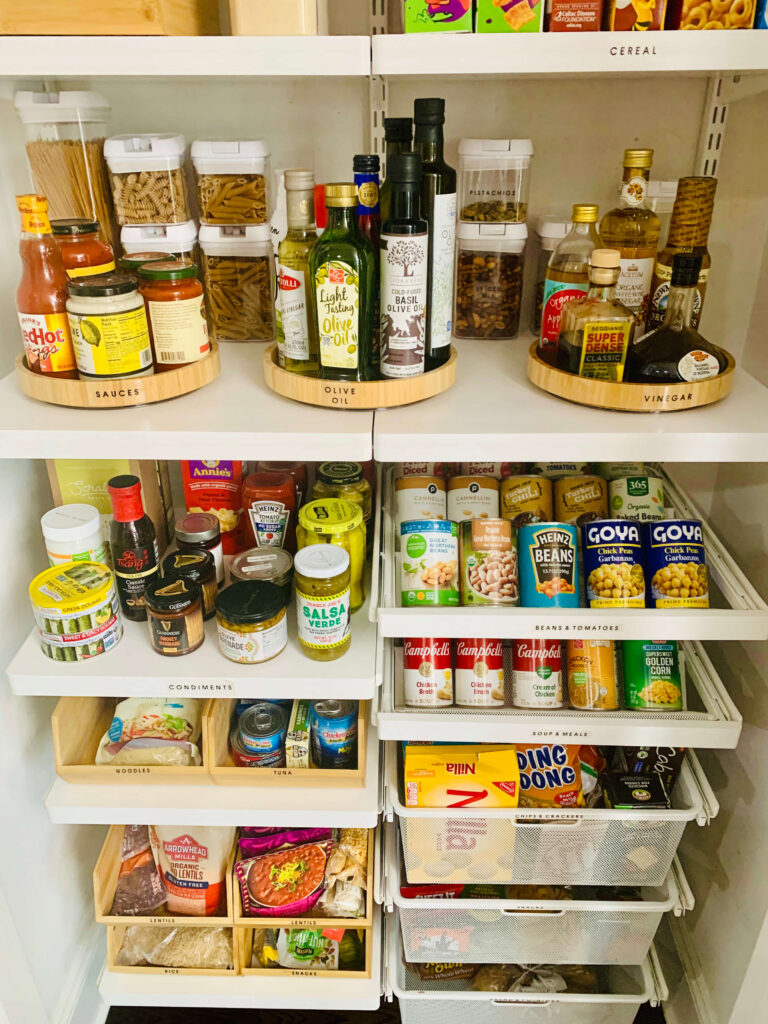
CREATING A MEAL PLAN THAT WORKS FOR YOU
Now that you know the basics of meal planning, it’s time to create a meal plan that works for you. Here are some tips to help you create a meal plan that you’ll actually stick to:
- Plan for Variety: When creating your meal plan, be sure to include a variety of foods to keep things interesting. Consider incorporating different types of protein, grains, and vegetables to ensure that you’re getting a balanced diet.
- Prepare Ahead of Time: One of the keys to successful meal planning is preparation. Consider prepping ingredients ahead of time, such as chopping vegetables or marinating meats. You can also cook larger batches of food and freeze leftovers for future meals.
- Be Flexible: Remember, your meal plan is just a guide. If you don’t feel like cooking a certain meal one night, feel free to switch things up and try something else. Don’t be too rigid with your plan, and be open to making changes as needed.
TIPS FOR SUCCESSFUL MEAL PLANNING
- Organize Your Pantry: Having an organized pantry will allow you to see what you already have making meal planning easier.
- Use Leftovers: Leftovers can be a great way to save time and reduce food waste. Consider incorporating leftovers into your meal plan, or repurposing them into new meals, such as using leftover chicken in a salad or sandwich.
- Buy in Bulk: Buying ingredients in bulk can save you money in the long run. Consider buying staples such as rice, beans, and oats in bulk to save money and reduce waste.
- Use Your Freezer: Your freezer can be your best friend when it comes to meal planning. Consider freezing meals in individual portions for easy reheating, or freezing ingredients such as chopped vegetables for quick and easy meals.
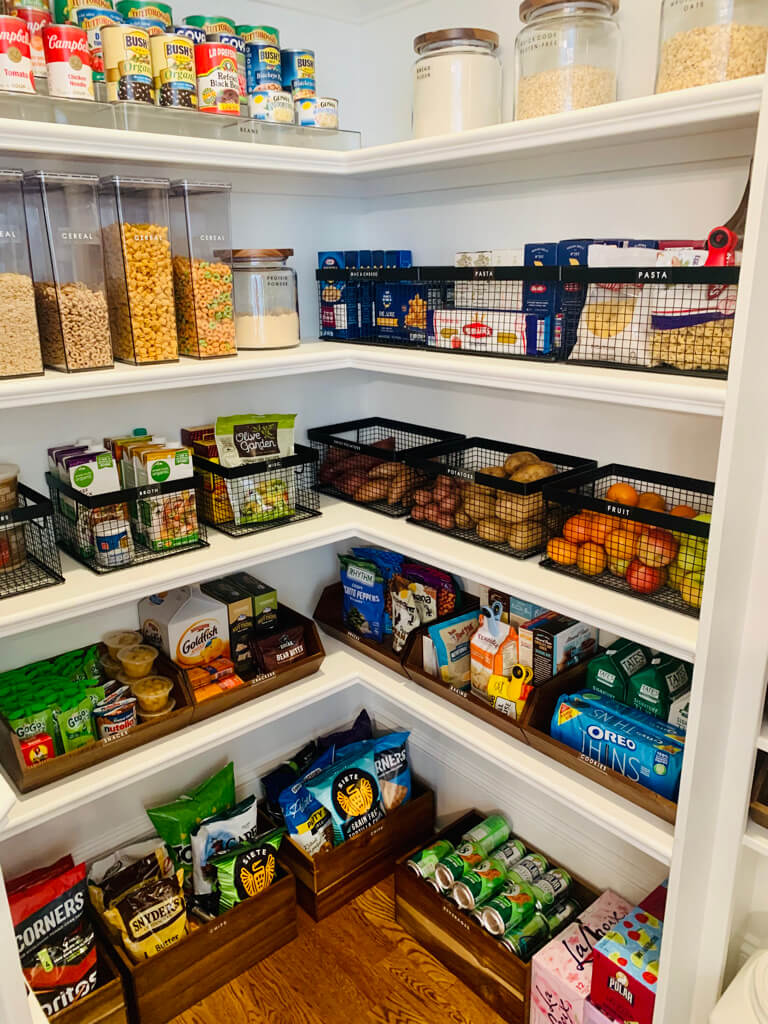
MEAL PREP AND STORAGE TECHNIQUES
Proper meal prep and storage techniques are key to making meal planning a success. Here are some tips to help you get started:
- Invest in Storage Containers: Investing in good-quality storage containers can make meal prep and storage a breeze. Look for containers that are microwave and dishwasher-safe, and consider buying different sizes to accommodate different types of food.
- Label Everything: Labeling your containers can help you stay organized and prevent confusion. Be sure to label the contents of each container, as well as the date it was prepared.
- Store Food Properly: To ensure that your food stays fresh and safe to eat, be sure to store it properly. Keep perishable foods such as meat and dairy in the fridge, and use airtight containers to prevent spoilage.
GRAB YOUR MEAL PLANNING PRINTABLES
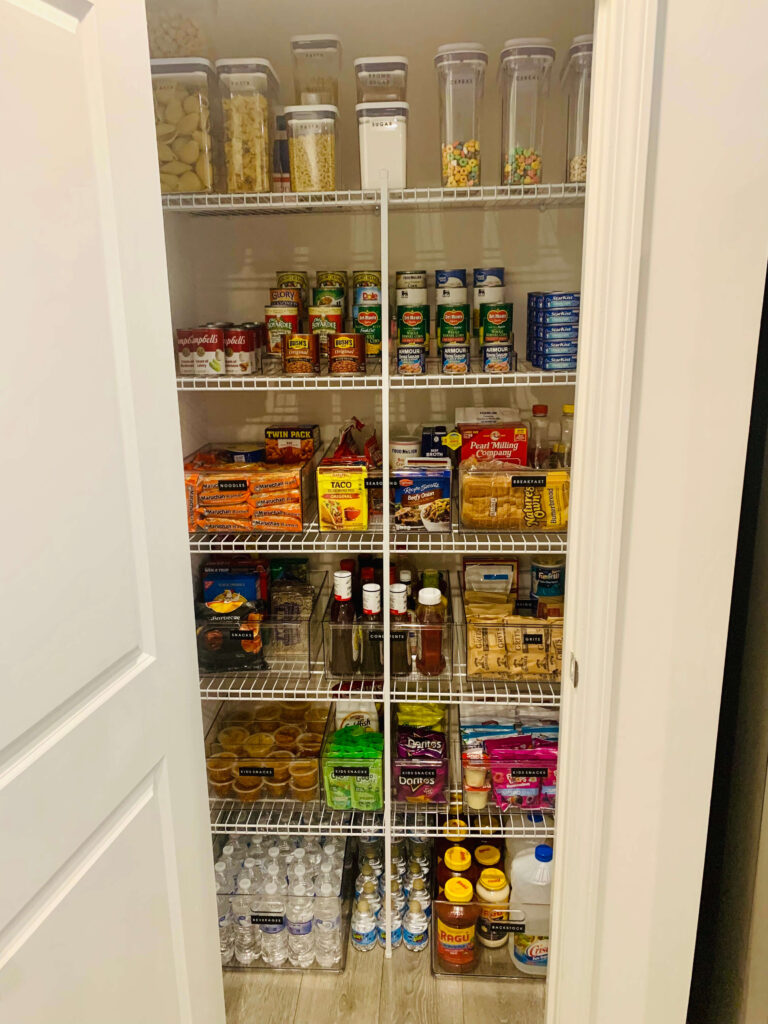
MEAL PLANNING TOOLS AND RESOURCES
There are many tools and resources available to help you become a meal-planning pro. Here are some of our favorites:
- Apps: Meal planning apps such as Yummly, Cookpad, and Paprika can help you find recipes, create grocery lists, and plan your meals for the week.
- Cookbooks: Cookbooks such as “The Complete Meal Prep Cookbook” by America’s Test Kitchen and “The Healthy Meal Prep Cookbook” by Toby Amidor can provide inspiration and guidance for meal planning.
- Printable: Our printable provides a layout to keep your meal plan for the week neatly organized. It provides the framework you need to be successful.
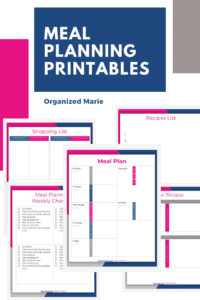
- Clipboard: Using a clipboard will allow you to hang up your meal plan so you can see it for the week. You can hang it on the refrigerator, outside of the pantry door, or on the wall in the family command center, somewhere you can see it every day.
- Post-It Notes: Post-it notes are one of my favorite products. They complement the meal planning template well as they fit perfectly in the corner. This gives you a running list for the week and makes it easy to grab when going to the store.
- G2 Pilot Pens: The perfect pen to write out your plan and list. There’s nothing better than having a pen that writes well. With a clip on the pen, it’s the perfect match for a clipboard, making it available at all times.
- Avery Tabs: These tabs are perfect for organizing your cookbook and recipes. Label the tabs with the days of the week and then mark the cookbook or recipe with them. The view of the tab allows you to find the recipe quickly without having to search for it.
BUDGET-FRIENDLY MEAL PLANNING
Here are some tips for meal planning on a budget:
- Buy Seasonal Produce: Buying seasonal produce can save you money and ensure that you’re getting the freshest ingredients. Look for produce that’s in season, and consider buying frozen fruits and vegetables when fresh isn’t available.
- Shop Sales and Discounts: Be sure to check your local grocery store’s sales and discounts before you start meal planning. Plan your meals around these sales to save money.
- Use Cheap Protein Sources: Protein can be one of the most expensive parts of a meal. Look for cheap protein sources such as beans, lentils, and tofu to save money.
FINAL THOUGHTS
The utilization of a well-crafted meal-planning template is the cornerstone of efficient and organized meal preparation.
By incorporating this tool into your routine, you gain the ability to streamline your weekly menu, manage grocery shopping effectively, and maintain a balanced and nutritious diet effortlessly.
Take charge of your culinary journey, save time, and savor the benefits of a well-structured meal plan.
With our meal planning template, achieving your dietary goals and enjoying a stress-free cooking experience is not only possible but also remarkably simple.
+ show Comments
- Hide Comments
add a comment